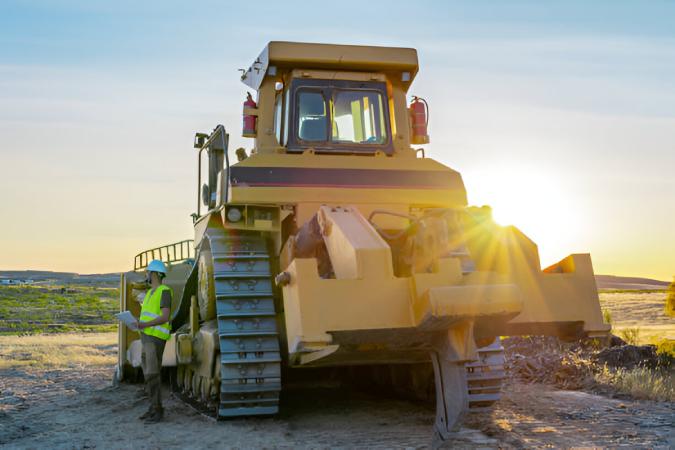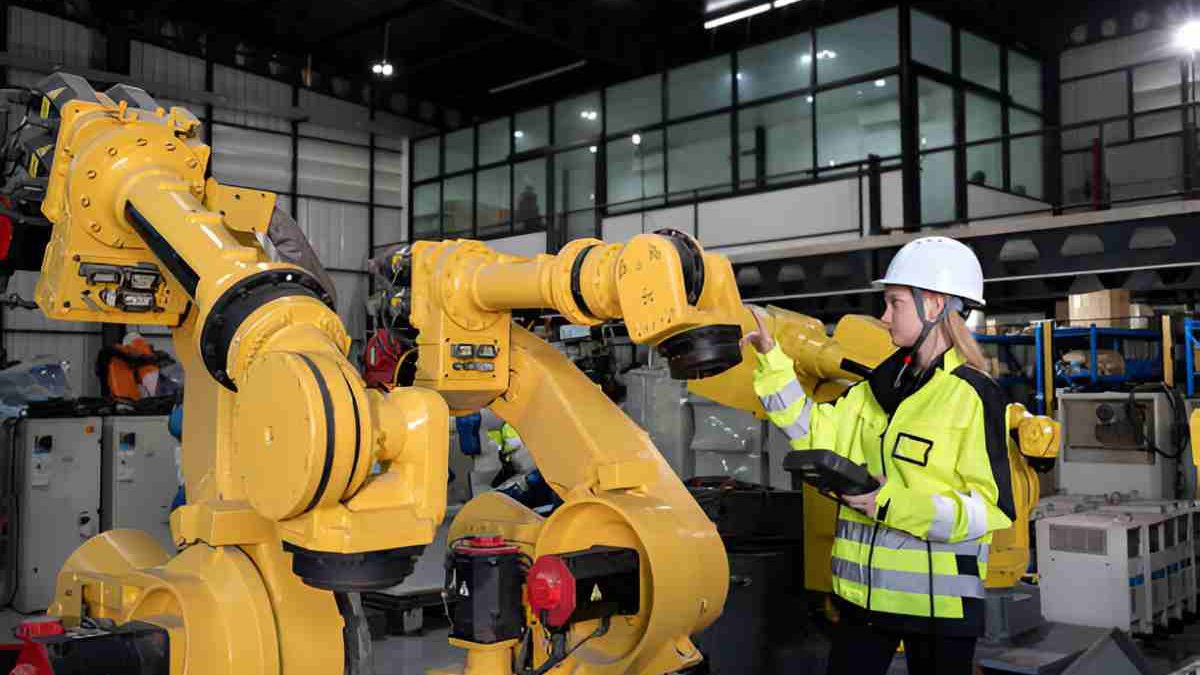Top 5 Heavy Machinery Operator Training You Need to Know Carakami.Com
The demand for skilled heavy machinery operators continues to grow in today’s rapidly evolving construction and industrial sectors. This comprehensive guide explores the essential online training programs that equip workers with crucial skills and knowledge to work heavy equipment safely and professionally. Whether you want to start a career in heavy machinery or enhance your existing skills, these training programs provide the foundation for safe and professional equipment operation.
Table of Contents
Why Heavy Machinery Training Matters

Heavy machinery operation requires more than technical know-how – it demands a thorough understanding of safety protocols, equipment maintenance, and risk management. Proper training protects operators, safeguards other on-site workers, and prevents costly equipment damage.
Heavy Machinery Operator Training – Safe Use of Machinery
The cornerstone of any heavy equipment operation is understanding fundamental safety principles. This training covers:
- Equipment inspection protocols and pre-operation checklists
- Understanding load capacities and equipment limitations
- Ground conditions assessment and site preparation
- Emergency procedures and response protocols
- Communication systems and hand signals
Heavy Machinery Operator Training – Crane Safety
Crane operation requires specialized knowledge and skills due to the complex nature of lifting operations:
- Load calculation and weight distribution principles
- Weather condition assessments and environmental considerations
- Proper setup and positioning of mobile cranes
- Understanding crane load charts and capacity limitations
- Signal person coordination and communication protocols
Heavy Machinery Operator Training – Basic Rigging
Practical rigging knowledge is crucial for safe lifting operations:
- Selection of appropriate rigging equipment and hardware
- Understanding load angles and sling configurations
- Inspection and maintenance of rigging equipment
- Common rigging hazards and prevention measures
- Mathematical calculations for safe lifting operations
Heavy Machinery Operator Training – Aerial and Scissor Lift Safety
Working at heights requires specific safety considerations:
- Platform stability and positioning techniques
- Fall protection systems and proper harness use
- Overhead hazard awareness and avoidance
- Emergency descent procedures
- Equipment maintenance and daily inspections
Equipment-Specific Training Programs – Top 5 Heavy Machinery Operator Training You Need to Know Carakami.Com
Bulldozer Operation Essentials
- Grade control systems and earthmoving techniques
- Slope operation safety and stability management
- Attachment usage and maintenance
- Terrain assessment and site preparation
Excavator Operation Fundamentals
- Trenching and excavation safety protocols
- Underground utility awareness and protection
- Bucket control and material handling techniques
- Machine positioning and stability management
Forklift Safety and Operation
- Load stability and weight distribution
- Warehouse navigation and pedestrian safety
- Battery charging and maintenance procedures
- Rack storage systems and proper stacking techniques
Certification and Compliance
Understanding regulatory requirements and maintaining proper certification:
- OSHA compliance requirements
- Industry-specific certifications
- Renewal procedures and continuing education
- Documentation and record-keeping requirements
Technology Integration in Modern Equipment
Exploring the role of technology in contemporary heavy machinery:
- GPS guidance systems and machine control
- Telematics and equipment monitoring
- Digital logging and reporting systems
- Virtual reality training applications
Environmental Considerations
Incorporating sustainable practices in heavy machinery operation:
- Fuel efficiency techniques
- Emission control measures
- Noise reduction strategies
- Proper waste disposal methods
Career Development and Advancement
Building a successful career in heavy machinery operation:
- Career progression pathways
- Advanced certification opportunities
- Specialized equipment endorsements
- Industry networking and professional development
Emergency Response and Risk Management
Preparing for and handling emergencies:
- Equipment malfunction protocols
- Accident response procedures
- First aid and safety equipment usage
- Evacuation procedures and assembly points
Top 5 Heavy Machinery Operator Training You Need to Know Carakami.Com. This comprehensive training guide provides a solid foundation for new and experienced heavy machinery operators. Remember that practical hands-on training and theoretical knowledge are essential for developing proficiency in heavy equipment operation. Regular updates and refresher courses help maintain safety standards and keep operators current with industry best practices.
Heavy Machinery Skills
1. What type of heavy machinery are you most experienced with?
Excavators
2. How familiar are you with heavy machinery safety protocols?
Very experienced
3. Are you interested in learning more about scaffolding and rigging?
Yes


